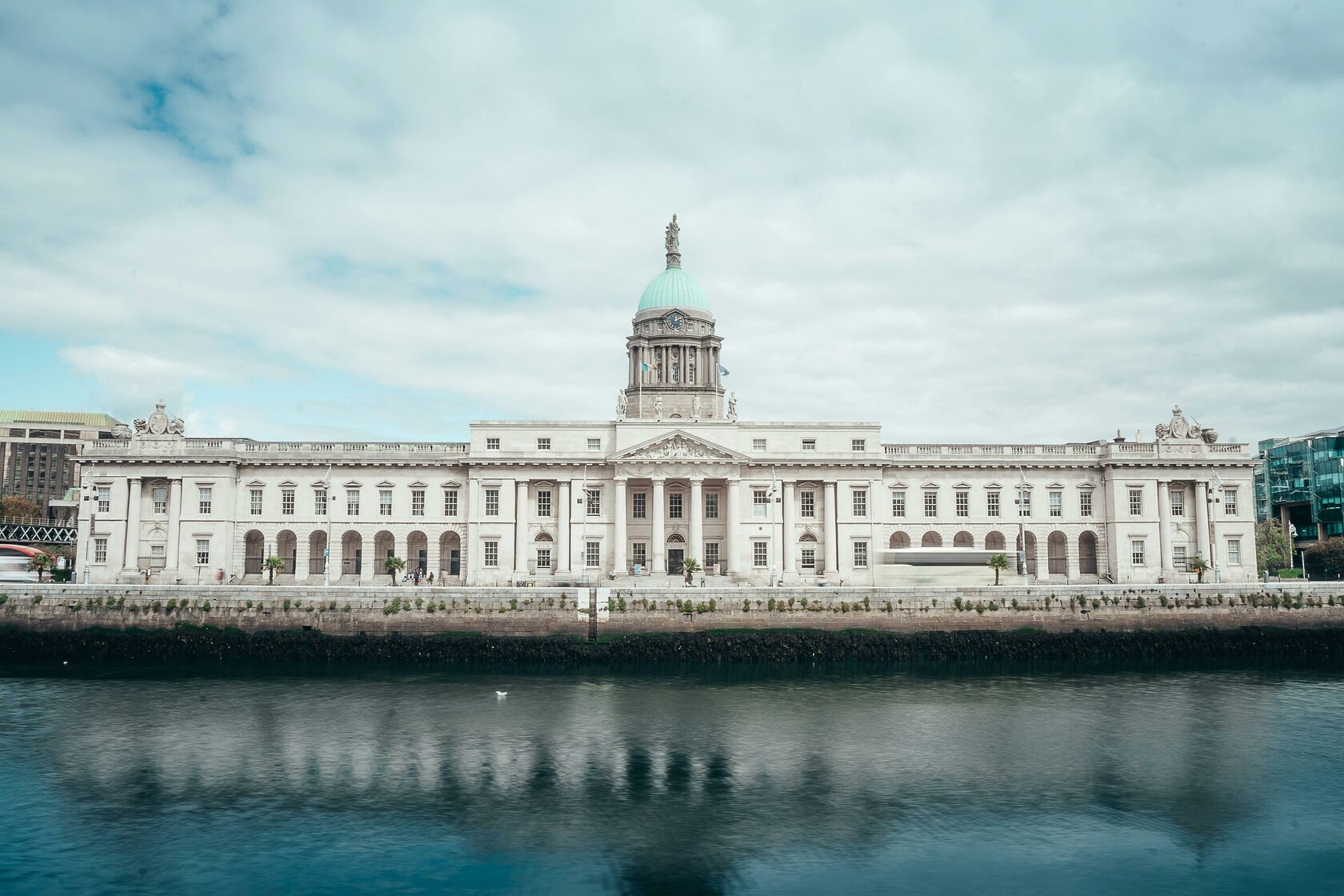Is Ireland still in the EU?
Yes. Ireland is indeed still a member of the European Union (EU).
Is Northern Ireland in the EU?
Northern Ireland is part of the United Kingdom, which formally left the European Union on January 31, 2020.
Is Ireland and Northern Ireland in the EU after Brexit?
Ireland remains a member of the European Union, while Northern Ireland, as part of the United Kingdom, is not.
Is Ireland in the eurozone?
Yes, Ireland is a member of the Eurozone. The Eurozone consists of European Union countries that have adopted the euro (€) as their official currency, and Ireland has been using the euro since January 1, 2002.
Ireland and EU: history
In May 1972, a referendum ratified the Treaty, making Ireland a member of the European Communities on New Year’s Day 1973. Following General de Gaulle's resignation in April 1969, Seán Morrissey, Irish Ambassador to the European Communities, expressed cautious optimism. Patrick Hillery, appointed Minister for External Affairs, worked to achieve EC membership despite challenges, ensuring Ireland's negotiations began in mid-1970.
The evolving European landscape included the Hague Summit's decision in December 1969, advancing entry negotiations. Seán Kennan, Irish Ambassador to the European Communities, highlighted the political goal of European integration. Hillery's visits and a White Paper emphasized Ireland's commitment to political and economic obligations.
Despite challenges such as the Troubles, Hillery collaborated with British counterparts. The negotiating team, led by Hillery, addressed key aspects, culminating in the final session on January 18, 1972. Ireland's EC accession was officially signed on January 22, 1972, at the Palais d’Egmont in Brussels.
Ireland's subsequent presidencies in the EU, notably in 1975, 1979, 1984, 1990, 1996, 2004, and 2013, marked pivotal moments such as hosting the first European Council meeting in Dublin, dealing with a directly elected European Parliament, reinforcing the European Monetary System, and facilitating the largest-ever enlargement in 2004. Ireland's upcoming presidency in 2026 reflects its continued role in shaping the EU's future.
The evolving European landscape included the Hague Summit's decision in December 1969, advancing entry negotiations. Seán Kennan, Irish Ambassador to the European Communities, highlighted the political goal of European integration. Hillery's visits and a White Paper emphasized Ireland's commitment to political and economic obligations.
Despite challenges such as the Troubles, Hillery collaborated with British counterparts. The negotiating team, led by Hillery, addressed key aspects, culminating in the final session on January 18, 1972. Ireland's EC accession was officially signed on January 22, 1972, at the Palais d’Egmont in Brussels.
Ireland's subsequent presidencies in the EU, notably in 1975, 1979, 1984, 1990, 1996, 2004, and 2013, marked pivotal moments such as hosting the first European Council meeting in Dublin, dealing with a directly elected European Parliament, reinforcing the European Monetary System, and facilitating the largest-ever enlargement in 2004. Ireland's upcoming presidency in 2026 reflects its continued role in shaping the EU's future.


